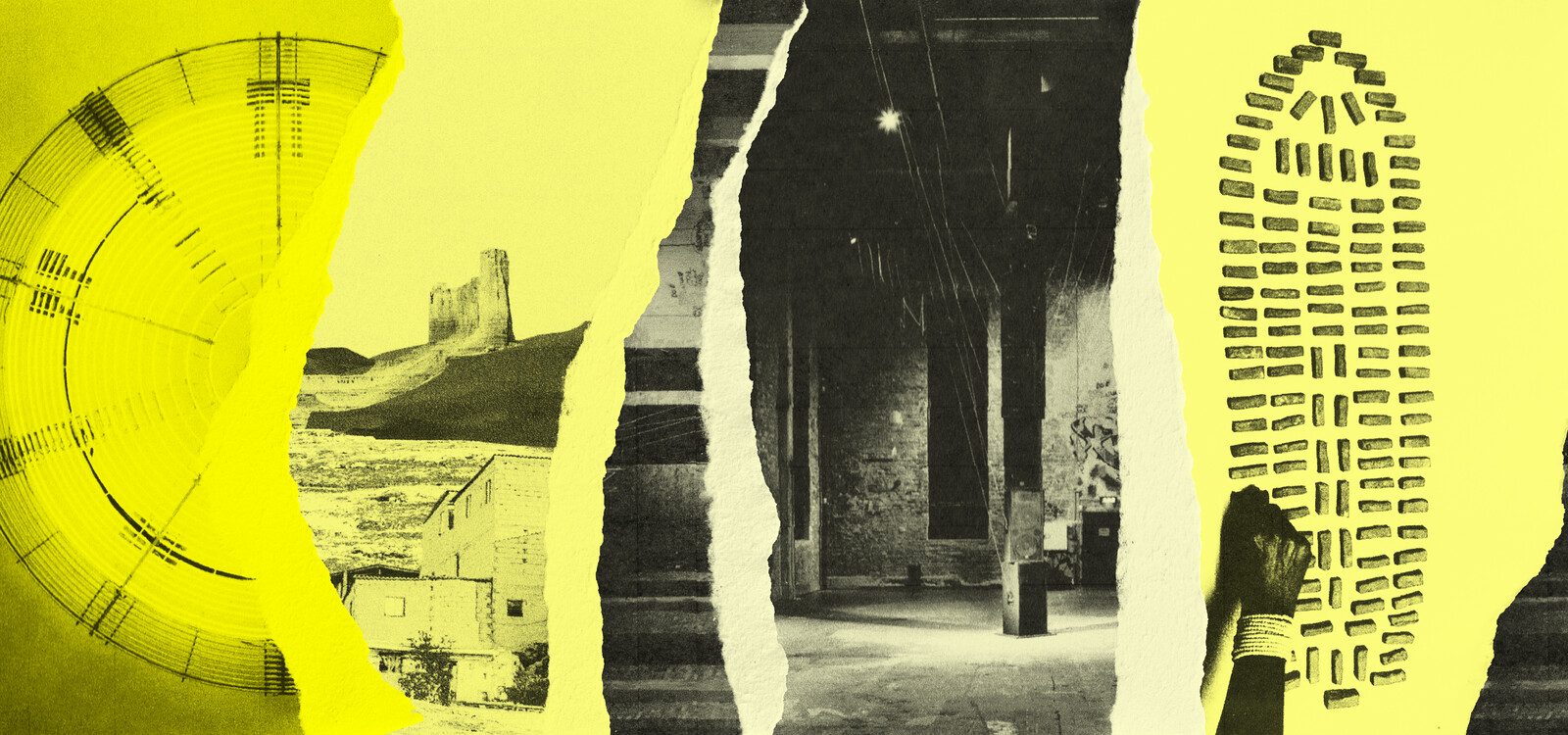As we make new steps through an old world, we rediscover spaces, sentiments, spiritual and physical encounters as a community of refreshed expanse, bonding with ways of understanding our place on Earth that are hopefully more generous, empathic, and courageous.
At maat we have embarked on this journey of search and research with a growing group of inspiring, passionate believers from various paths of life and work, which nurtures and invigorates our conviction that institutions of culture must perform as civic arenas of debate, action and solidarity, to expand our visions around and participation in an equitable making of a larger-then-human future.
For the 2021 Fall season, we continue our explorations through path-bending propositions by creators and researchers near and far, opening the museum to collective agency and emancipating forms of intellectual and social participation towards embodied justice, creative generosity and critical inquiries into a common future.
Grada Kilomba
O Barco/The Boat
September 3–October 17, 2021
O Barco/The Boat is a performative installation by artist Grada Kilomba, composed of 140 blocks of burnt wood which form the silhouette of the bottom of a ship, drawing the space once created to accommodate the bodies of millions of Africans enslaved by European empires. 18 of them are engraved with a poem written by the artist and translated into several African languages as well as Portuguese, English and Arabic.
Stretching over 32 meters along the Tagus river, Kilomba’s work labors with the themes of memory and oblivion, the conscious and the unconscious, the visible and the invisible, inviting the participation of a body of voices and dancers from the African diaspora, who become the centre of a silenced history—remembering and paying homage to the millions of African people who were enslaved and transported at the bottom of ships.
The work is stage to a three-act performance evolving over two months, with the musical production of Kalaf Epalanga and several generations of Afro-descendant communities as central interpreters, turning O Barco/The Boat into a place of acknowledgement, a garden of memory and contemplation of the future. Co-presented with BoCA – Biennial of Contemporary Arts.
Visit maat’s website for full credits.
Carsten Höller
DAY
Curated by Vicente Todolí
October 5, 2021–February 28, 2022
This monographic exhibition by Carsten Höller brings together for the first time a vast array of works producing light and darkness, ranging from sculptures with lamps to projections and architecture dating from 1987, when Höller was working as a scientist, until today.
More than 20 pieces, many especially recreated for the show, unfold across the entire museum in an arranged parcours that enters dialogue with its unique organic curvatures and differently sized and lit volumes. Devoid of any support structure, nor using any of the museum’s inbuilt lighting system, the space is solely illuminated by the works themselves leading audiences through multi-sensorial experiences of altered perception.
Two new pieces are presented here for the first time: Light Wall (2021), erected outdoor with an array of light bulbs flickering at a mesmerising frequency of 7.8 Hz, and Lisbon Dots (2006/2021), occupying the large oval room in the centre of the museum, is an interactive installation made of 20 spotlight projectors which track people‘s movements allowing them to play a “reward and punishment” game with each other. The exhibition expands into the digital dimension thanks to a collaboration with Acute Art and a special application conceptualized by Höller debuting in Lisbon.
A relevant public program includes 7.8 Hz Meditations curated by Mariana Pestana—a set of performances and a vinyl publication that gather contributions of contemporary thinkers and composers to offer the public a sequence of textual and sound therapeutic compositions to remind them of their radical, totalizing ecological interdependency.
Vulnerable Beings: Public assemblies on the space and time of epidemics
Curated by Andrea Bagnato and Ivan L. Munuera
Session I – “Tuning In”: October 29–31, 2021
Session II – “Sounding Out”: November 26–28, 2021
Vulnerable Beings is the first part of a multi-sited project that takes physical space as the privileged lens to understand infectious diseases.
It is well understood that public health’the science and practice of controlling contagion—reshaped buildings and cities. But while improvements in the Western world have been undeniable, public health was also a tool of colonial oppression and segregation—and such legacies remain barely examined. The project starts from these considerations to ask three questions: How is epidemiological knowledge produced and spatialized, and how do we open the “black box” of science? How can we re-signify illness and health, to do away with problematic metaphors? Which forms of collective engagement, inventiveness, and solidarity are possible?
International artists, scholars, and activists will come together for two assemblies at maat in a dense schedule of lectures, dialogues, screenings, music, and performances from morning to evening. The first assembly, “Tuning In” (29–31 October), will start from the aftermath of the pandemic, and will ask whose voices need to be listened to. The second assembly, “Sounding Out” (26–28 November), will reach back to unexpected histories and geographies, and look forward toward possible futures.

